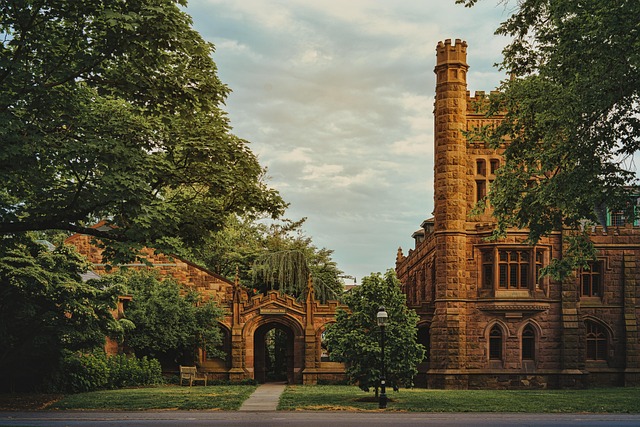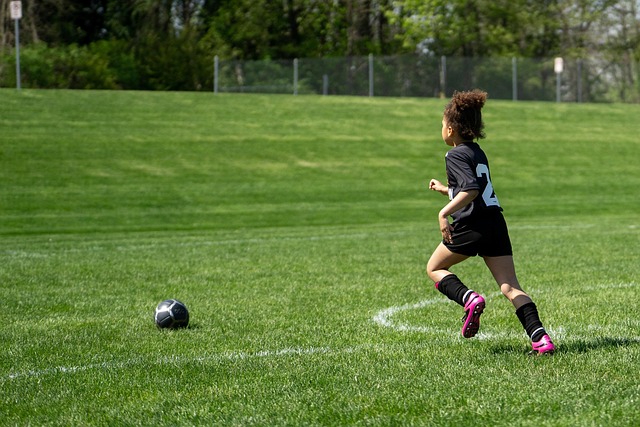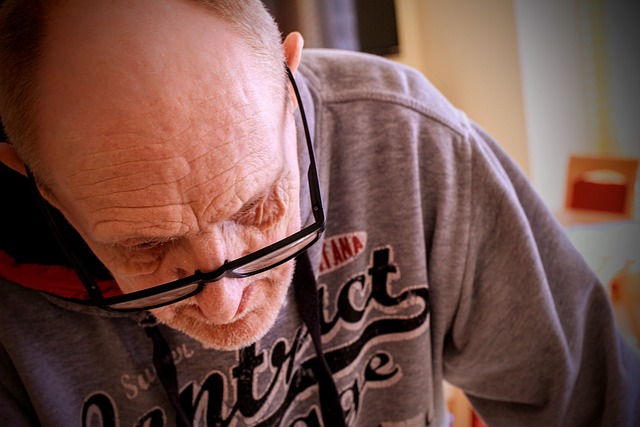Choosing a nursing home in Pennsylvania requires understanding strict safety standards, including fire safety, emergency preparedness, and fall prevention, as well as protection against abuse, neglect, and sexual assault. Look for facilities that actively communicate their safety measures, maintain proven records, and consider regular inspections and complaints. An elderly sexual assault lawyer in Pennsylvania can guide families through legal actions against negligent facilities, ensuring justice and protection for vulnerable seniors.
Choosing a nursing home is crucial for the well-being of your loved ones, especially with the rising need for senior care. Lancaster residents must be aware of safety standards and potential risks, such as elder abuse or sexual assault, which can have devastating effects on vulnerable seniors. This article guides you through navigating the process, recognizing red flags, and understanding the importance of legal expertise in ensuring a safe haven for the elderly, with a focus on Pennsylvania’s legal landscape and the role of an experienced elderly sexual assault lawyer.
Understanding Nursing Home Safety Standards in Pennsylvania

In Pennsylvania, nursing homes are held to strict safety standards by both state and federal laws. These regulations cover various aspects of care, including fire safety, emergency preparedness, and prevention of falls and injuries. Additionally, there are specific provisions to protect vulnerable residents from abuse, neglect, and sexual assault, which is a critical concern for elderly individuals in these facilities. An elderly sexual assault lawyer Pennsylvania can provide insights into the legal protections available to victims and their families.
Familiarizing yourself with these standards is essential when choosing a nursing home. Look for homes that actively communicate their safety measures and have a proven track record of adhering to them. Regular inspections and complaints from residents or their families should also be considered, as they can indicate potential issues in maintaining safe living conditions. By understanding the legal and practical aspects of nursing home safety, you can make an informed decision for your loved one’s well-being.
Recognizing Red Flags: Potential Risks for Elderly Residents

Choosing a nursing home involves meticulous consideration, especially regarding safety. Recognizing red flags is crucial to ensuring an environment free from potential risks for elderly residents. One critical area to scrutinize is the facility’s ability to prevent and manage sexual assault, which unfortunately remains a concern in long-term care settings.
Elderly individuals may be particularly vulnerable to sexual abuse due to cognitive impairments or reduced mobility. An elderly sexual assault lawyer in Pennsylvania highlights that signs of distress among residents could indicate underlying issues. For instance, sudden changes in behavior, persistent anxiety, or unusual secrecy might suggest an uncomfortable situation. It’s imperative for nursing homes to have robust policies and staff training to address these risks, ensuring the safety and dignity of every resident.
The Role of Legal Expertise in Protecting Vulnerable Seniors

Protecting vulnerable seniors, such as those residing in nursing homes, is paramount. Legal expertise plays a crucial role in ensuring their safety and well-being. In Pennsylvania, where elderly sexual assault cases have gained significant attention, having an experienced lawyer can make all the difference. These legal professionals are equipped to navigate complex laws and regulations designed to safeguard seniors from abuse and exploitation.
They guide families through the process of investigating and pursuing legal action against negligent facilities or individuals responsible for mistreating their loved ones. By leveraging their knowledge of elder law, they help hold nursing homes accountable for failing to provide a safe environment, ensuring that vulnerable seniors receive the justice and protection they deserve.





